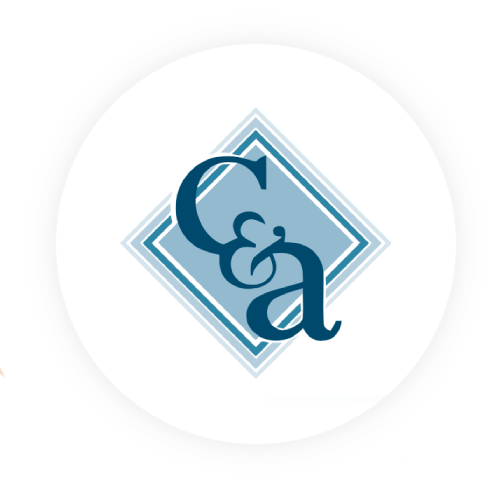Yogi Berra was right, you can observe a lot by watching!
The purpose of conducting rounds is to improve compliance with infection control measures and determine what needs improvement, or financial or administrative support to maintain and improve the quality and safety of care given to patients in an organization.
During the COVID pandemic, infection prevention practitioners were at the forefront, collaborating with frontline caregivers to understand workflow and challenges. Their keen observations and identification of improvement opportunities have significantly contributed to the betterment of our healthcare industry. Today, we stand in a safer environment, thanks to their dedicated work.
But something has changed, the number of infection prevention practitioners that are conducting rounds has significantly dropped. This worries us as rounding does not appear to be part of their everyday routine.
It is crucial to understand that rounding is not about finding faults, but about identifying areas for improvement and supporting staff to ensure care is delivered using technology and skills that minimize the risk of infections. Rounding is an integral part of the infection prevention program as it helps identify gaps in knowledge and hands-on skills performed by the staff at all levels. By observing staff practices, the infection prevention practitioner can re-educate staff in a respectful and non-judgmental manner, acknowledging their efforts and protecting both the individual and the patients.
Rounding Observations
Here are some of the rounding observations that will help you maintain a safe environment for all staff and patients. It's our collective responsibility to ensure the safety of everyone in our healthcare facility.
- Assess that appropriate isolation precautions are being followed and proper signage is placed to avoid contamination of equipment as well as staff and visitors.
- Observe staff cleaning and disinfecting equipment before and after use. Ensure that the manufacturer’s instructions for use are being followed and that the staff understand how to both find this information and apply this information.
- Observe that proper PPE is used by all per policy. This includes all areas of the organization. Many believe that the Operating Room always uses the proper PPE. Yes, they wear gowns, gloves, booties, and hair coverings, however, you will find staff in the parking lot in scrubs that are not changed prior to the next case they are to be in, hair coverings that are not cleaned by policy, uncovered head and facial hair and jewelry that is not removed. Here I encourage all infection practitioners to reference the AORN standards and ensure that your policies reflect these standards that are evidence-based.
- Observe practitioners doing patient care, ie: wound care, line care, trach care, setting up equipment, and draping patients for procedures in the Operating Room, Cardiac Cath Lab and other invasive procedure locations.
- Observe the environment. Look at showers for mold and mildew, cleanliness in general, storage of sterile equipment/trays, dedicated medication areas, sink barriers, temperature/humidity, high and low dust, tears in mattresses/furniture, etc. Never walk past an ice machine without checking the dispenser spout for mold and lime scale buildup!
- Assess compliance with any existing Infection Control Risk Assessments (ICRA). Ask staff what the purpose of the ICRA is and what is it telling them.
- Spend time in your Central Sterile Processing Department. Have staff tell you about how they perform their job.
In summary, Infection Prevention Practitioners need to round as often as possible. Infection Prevention is everyone's job. Attend unit huddles. Take leaders, directors, managers, and staff on rounds with you. Encourage Environmental Services to be on rounds so they can see what you see. By doing this Infection Prevention Practitioners will develop a collaborative relationship with all of the disciplines. Taking leadership on rounds will help them understand why you are asking for certain products and equipment. Most importantly, rounding develops relationships and makes for a cohesive team with the same mission in mind, safe, high-quality patient care.
Please contact us for questions or more information at 704-573-4535 or info@courtemanche-assocs.com.
Courtemanche & Associates specializes in Healthcare Accreditation and Regulatory Compliance Consulting Services. With over 30 years of being in business and 100+ years of healthcare experience amongst our consulting team, we are ready to assist with your accreditation and regulatory compliance needs.


Great guidance and information! TY